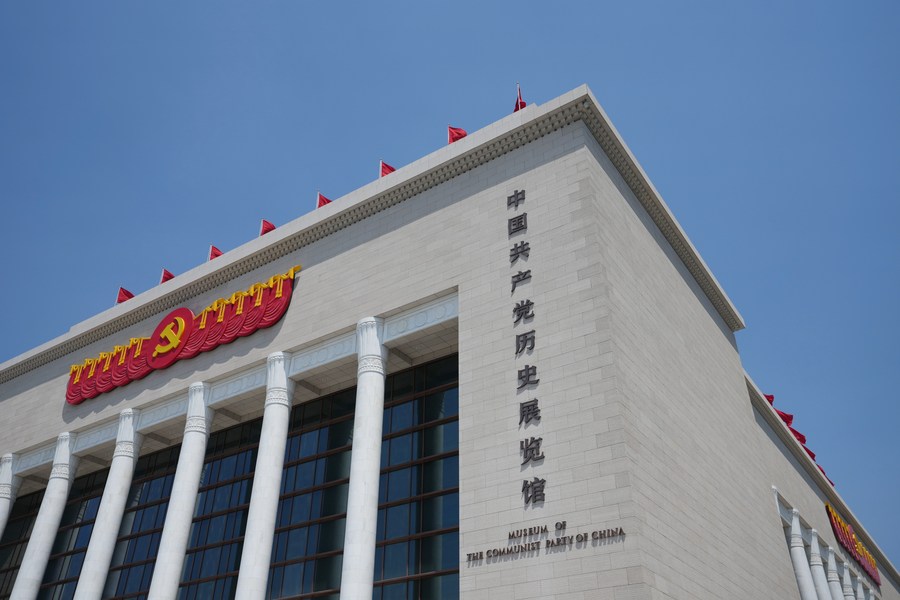
HOW SEATS ARE ALLOCATED
The 2,300 delegates are elected by 38 electoral units. The seats in the 20th CPC National Congress are allocated mainly based on the number of Party organizations and Party members of each electoral unit.
The quotas for delegates to previous CPC national congresses are also taken into account when it comes to the allocation of seats to different electoral units.
According to the allocation formula, the number of delegates to the 20th CPC National Congress for each electoral unit is basically the same as the 19th national congress.
By convention, some retired Party officials will be invited to attend the 20th national congress.
HOW TO ENSURE A BROAD SPECTRUM
As the delegates are to represent 95 million CPC members, their spectrum is carefully designed. They will come from all walks of society, different regions of the country, and various demographic groups, including both genders and ethnic minorities.
Grass-roots members will account for a significant proportion of the delegates. Party members working on the frontline should have at least one-third of the total seats, while those for officials will not exceed two-thirds. Excellent members among farmers, workers, and technicians will be priorities.
Different professions, ranging from business people, scientists to doctors, as well as different levels of administrative units, from provinces, metropolises to villages, will all be represented.
The Party authorities in Nanchang, the capital city of east China's Jiangxi Province, distributed a list of 133 local grass-roots role models to its 260,000 members as a candidate reference.
In southwest China's Yunnan Province, home to various ethnic minority groups, delegate seats are properly distributed among them.

HOW TO HAVE A CLEAN ELECTION
Canvassing and buying votes are strictly prohibited.
Party disciplinary agencies and organization departments nationwide have been gearing up for the election, with tip-off hotlines operating round the clock to process people's complaints.
Large-scale awareness campaigns have been unfurled, using previous election scandals as examples to warn Party members of malpractice and deter potential offenders.
All steps of the election procedure are under close supervision, and those who violate Party disciplinary rules and election protocols will not be tolerated.